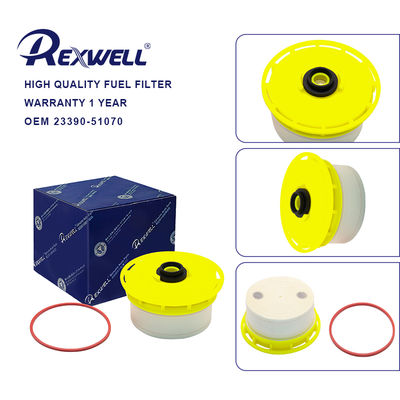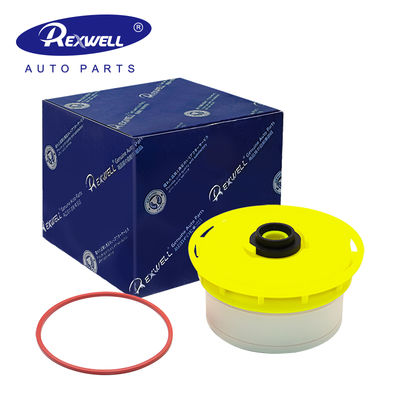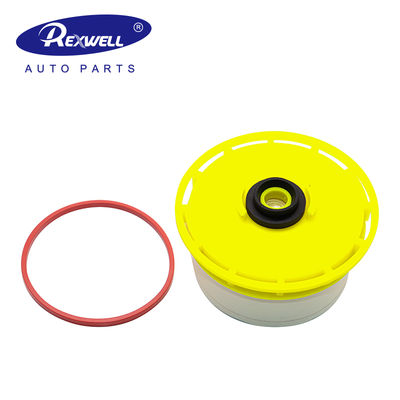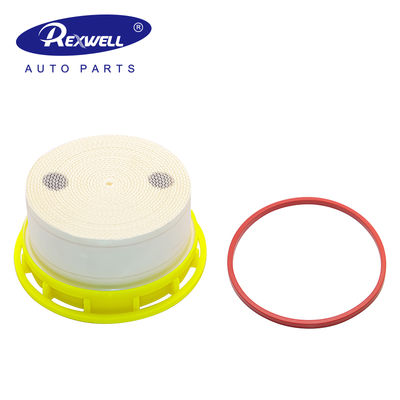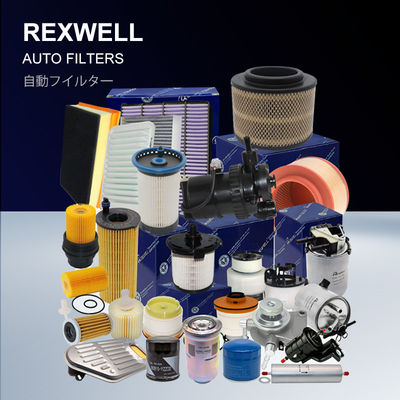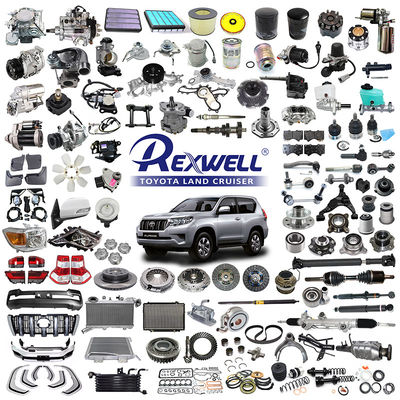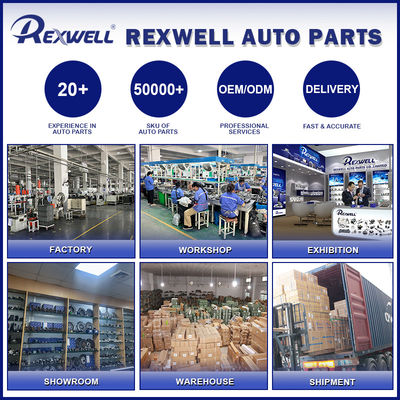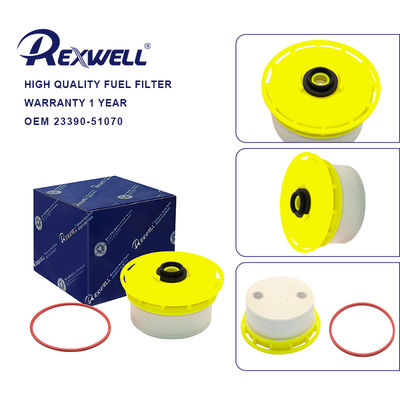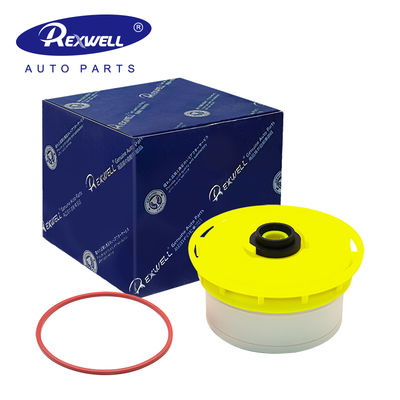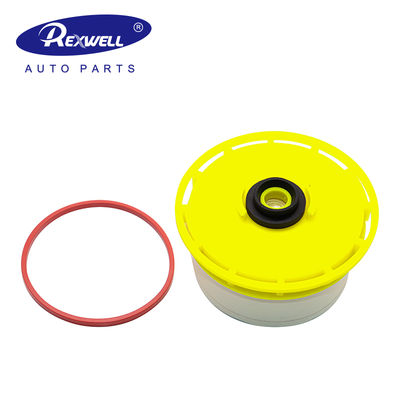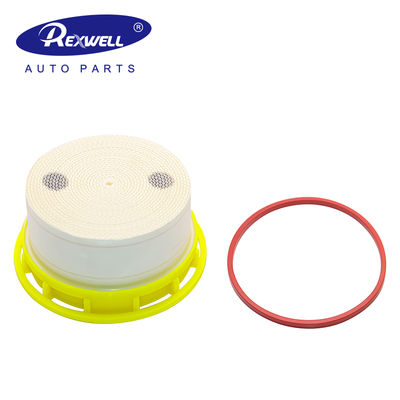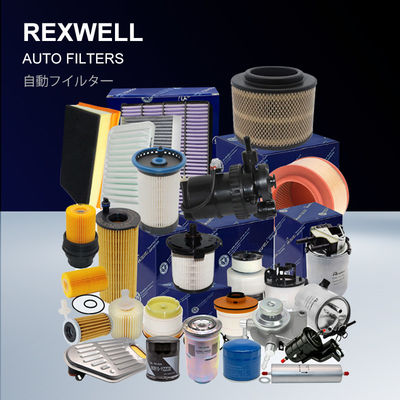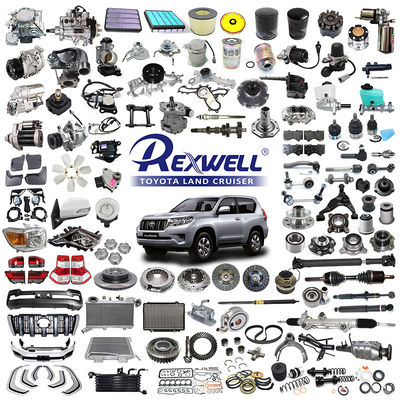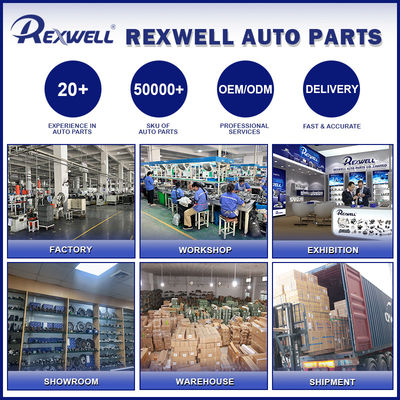All Products
-
Toyota Auto Parts
-
Nissan Auto Parts
-
Hyundai Auto Parts
-
Spark Plugs And Ignition Coil
-
Car Shock Absorbers
-
Auto Suspension Parts
-
Auto Transmission Parts
-
Auto Brake Parts
-
Auto Engine Parts
-
Car Sensor Parts
-
Timing Chain Kit
-
Car Water Pump
-
Auto Steering Parts
-
Belt Tensioner And Pulley
-
Car Filters
-
Other Auto Parts
23390-51070 23390-51020 Diesel Fuel Filter For Toyota Land Cruiser Lexus LX450 VDJ200 200 Series

Contact me for free samples and coupons.
WhatsApp:0086 18588475571
Wechat: 0086 18588475571
Skype: sales10@aixton.com
If you have any concern, we provide 24-hour online help.
xProduct Details
| Part Name | Fuel Filter | Oem Number | 23390-51070 23390-51020 |
|---|---|---|---|
| Car Model | Toyota Land Cruiser 200 VDJ200 Lexus LX450 | Warranty | 1 Year |
| Package | Rexwell Or As Customers' Requests | Shipment | DHL/UPS/FEDEX/Air Cargo/Sea Shipping |
| Highlight | VDJ200 200 series fuel filter,200 series fuel filter 23390-51020,23390-51070 |
||
Product Description
23390-51070 23390-51020 Diesel Fuel Filter For Toyota Land Cruiser Lexus LX450 VDJ200 200 Series
|
Brand
|
REXWELL
|
|
Item Name
|
Fuel Filter
|
|
OEM Number
|
23390-51070 23390-51020
|
|
Model
|
For Toyota Land Cruiser 1HZ 1VDFTV
|
|
Guarantee
|
1 Year
|
|
Package
|
Neutral packing/REXWELL packing/As customers' requires
|
|
Delivery
|
1-7 Working Days (Depend on Order Quantity)
|
|
Payment
|
T/T, Money Gram, Western Union,Paypal, L/C
|
|
Shipment
|
Container, Groupage , Air Cargo , Express
|
![]()
![]()
![]()
![]()
Recommended Products



